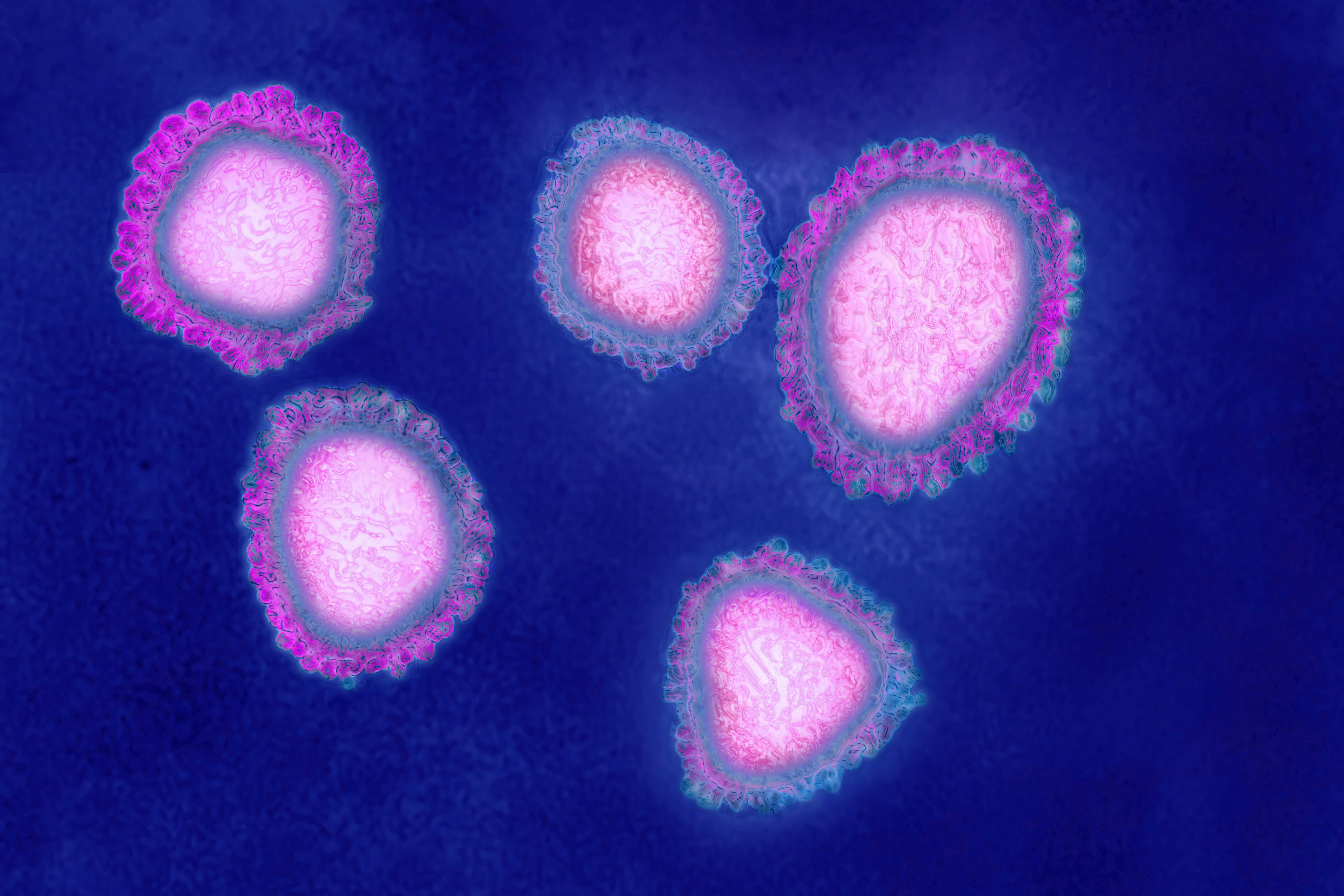The death penalty has been abolished in Colorado

Brendan Smialowski/AFP via Getty Images
Colorado Gov. Jared Polis (D) signed a bill on Monday abolishing the death penalty.
Colorado is the 22nd state to ban capital punishment since it was reinstated by the Supreme Court in 1976.
Polis also commuted three death sentences to life in prison without the possibility of parole, saying the "commutations of these despicable and guilty individuals are consistent with the abolition of the death penalty in the state of Colorado, and consistent with the recognition that the death penalty cannot be, and never has been, administered equitably in the state of Colorado."
Polis stated that he commuted the sentences "after a thorough outreach process to the victims and their families," and while he understands "some victims agree with my decision and others disagree, I hope this decision provides clarity and certainty for them moving forward." The state's last execution was in 1997, NBC News reports. Catherine Garcia













/cdn.vox-cdn.com/uploads/chorus_asset/file/19661099/GettyImages_151032915.jpg)







